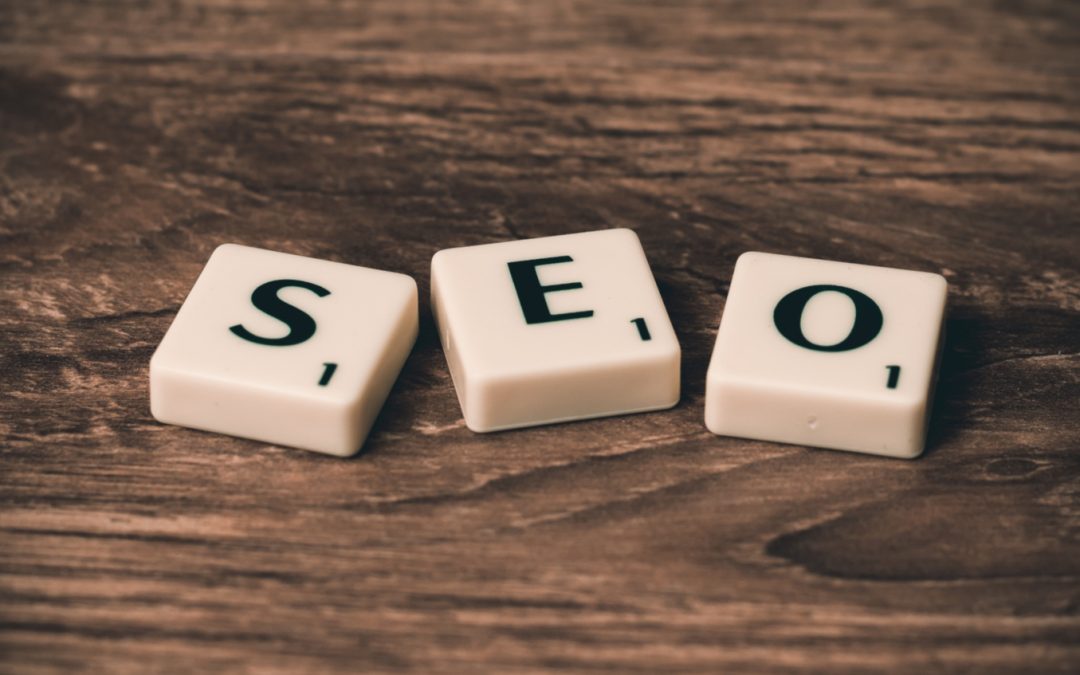SEO, or search engine optimization, is essential for businesses online. It’s like a map that helps people find your website in a sea of online content. Knowing SEO basics can boost your online presence and help you avoid common SEO mistakes.
But here’s the thing: SEO changes all the time. It’s like a chameleon, always adapting. So, to rock at SEO, you have to keep up with the changes. And part of that is avoiding common slip-ups, aka SEO mistakes. They’re like potholes on the road to success—easy to stumble into if you’re not paying attention.
To help you out, here’s a heads-up on some SEO mistakes to steer clear of:
1. Expecting Immediate SEO Results
Many people mistakenly believe their SEO efforts will deliver immediate results. This is NOT true. SEO is an ongoing process, and when you’ve just started, you cannot expect to see significant results at once. It will take a few months to see some improvement and up to a year to observe a truly significant result. This is especially true for new websites. Note that search engines take into account your site’s history, among other things, when they assign rankings. Since your site is new, it won’t have a history to speak of.
The normally slow start is the reason why owners of new websites are often advised to engage in some PPC activities within the first few months of launching their site. These activities can help your site gain visibility, while you’re still working on getting your SEO off to a good start. As you keep track of your progress in SEO, you can decide whether to cease your PPC activities in the future or not. If you do decide to stop doing PPC, your SEO monitoring activities will also indicate when the best time to do so is.
2. Taking Keyword Brainstorming for Granted
Skipping research before creating and optimizing content can be tempting. But without doing keyword research, you might miss important keywords that bring in traffic or end up using ones that don’t fit your content—both big SEO mistakes.
Google wants to show users the most relevant results, so using the right keywords is key. Luckily, there are tools to help you find the best keywords for your industry. These tools not only find relevant keywords but also show how well they perform over time. Don’t skip keyword research—use these tools to improve your SEO.
3. Failure to Address Duplicate Content
Google’s recent algorithmic updates have caused many sites to suffer from significant drops in ranking, especially those with duplicate content—two big SEO mistakes. Whether the duplication is due to copying content from elsewhere or posting your own content on multiple sites, it can lead to penalties and harm your website’s performance.
Many businesses may not even realize they have duplicate content. For example, if you operate in different states and each state has its own website version with the same text on the About page, that could be flagged as duplicate content—a common SEO mistake. But there’s a solution: you can use something called the rel=canonical tag on these pages to avoid penalties.

Make sure you do not fall into the trap of being flagged for duplicate content. Use the rel=canonical tag for web pages that are essentially the same.
4. Poor Content and Content Strategy
When Google made their recent updates, especially the Panda update, they wanted to show users the best search results. This meant that websites with bad content got pushed down in the rankings. But sites with helpful, well-written content are now getting better rankings. So, it’s important to have great content on your site and get rid of anything that’s not helpful.
Besides having good content, how you share and promote it matters too. Your social media pages are great for promoting content, but they shouldn’t be where your content mainly lives. You should post your content on a page where search engines can easily find it in the HTML source code. Your official blog is a good spot for this. Then, you can share a teaser and a link to the blog page on your social media accounts. This way, you’re following good SEO practices and making the most of your content.
5. Failure to Take Social into Account
Social media is super popular nowadays, and search engines like Google are paying attention. Even if they don’t say it outright, social signals are now part of how they decide which pages to rank. Many studies and lots of evidence show that websites with strong social signals get better search rankings than those without much of a social presence.
When you use social media for SEO, it’s not just about getting Likes. Sure, having lots of people like and share your content is good for getting your brand out there, but you also want to get traffic from those social shares. That’s why it’s important to include a link to your site in the stuff you post on social media. Instead of putting the whole content on your social pages, it’s often better to just post a teaser and a link to the full content.
Your aim should be to build good-quality links and get more people to check out your site through social media, not just to be popular on social media. Likes and shares can help with brand awareness, but you also need to focus on getting higher rankings and more conversions. Good-quality links from social media can really boost your SEO efforts.
6. Not Taking Links Seriously
Some folks claim that link-building doesn’t work anymore, but it’s not quite true. Like everything else in SEO, link-building has changed over time. You can’t just buy links to boost your website’s ranking without consequences anymore. Google’s updates mean that buying links can seriously hurt your SEO efforts. Paid links are seen as cheating now, and they can get your site punished with really low rankings or even blacklisted.
But that doesn’t mean you can’t benefit from links. You just have to make sure they come from legit sources—ones that are really trustworthy and respected. Links are like votes of confidence for your website. When search engines see that respected folks in your industry are linking to your site, they’ll likely boost your rankings. And if you get lots of links from social media, that can also make search engines see your site as credible and worthy of high rankings because it’s like getting a vote of confidence from regular folks.
7. Details over the Big Picture
There are SEO practitioners who focus on such details as header tags and Meta tags. There are also those who focus on tweaking their web design from time to time to make sure the website is always responsive. And still, others focus on ensuring they use the right URL structure at all times. While these details are all important factors that affect your SEO performance, you should remember that there isn’t a single one of them that can guarantee you SEO success.
What you need to do, instead, is make sure you have properly implemented the basics of SEO and focus on optimizing your website as a whole. Implement best practices and steer clear of black-hat SEO tactics. When you stick to the basics and ensure that all your SEO activities are clean, all the specific details will fall into place.
These mistakes may be common, but they are also entirely avoidable, so don’t fall into the trap of committing them. The SEO process may be a bit complex, but you don’t have to be overwhelmed by it. Take your cue from those who’ve gone before you and learn from their mistakes.
Avoid These SEO Mistakes: Understanding Keyword Stuffing and Over-Optimization
Don’t make these SEO mistakes! Keyword stuffing and over-optimization can hurt your website’s chances of ranking well on search engines. Let’s break it down. Keyword stuffing is like trying to fit too many puzzle pieces into one spot. You might think using a lot of keywords will help your site show up in searches, but search engines don’t like it. It makes your content hard to read and looks spammy.
Now, over-optimization is like putting too much frosting on a cupcake. It might seem like a good idea, but it ends up ruining the taste. When you over-optimize, you’re trying too hard to make your site look good to search engines. You might cram in too many keywords or use tricks that used to work but don’t anymore.
The key is to find the right balance. Use keywords naturally, like you’re having a conversation with someone. Make sure your content is helpful and easy to read. Don’t try to trick search engines—focus on making your website the best it can be for your visitors. That way, you’ll avoid these SEO mistakes and help your site climb the search rankings!





